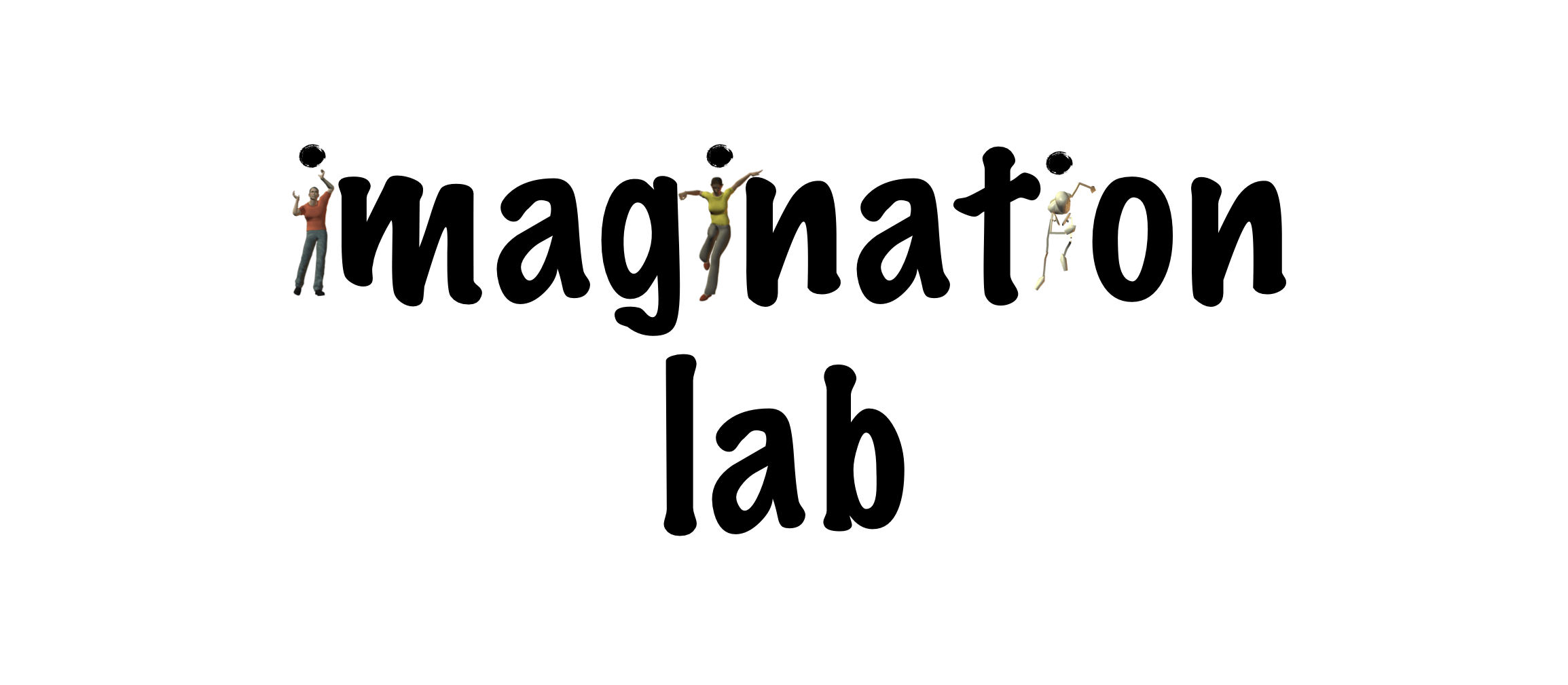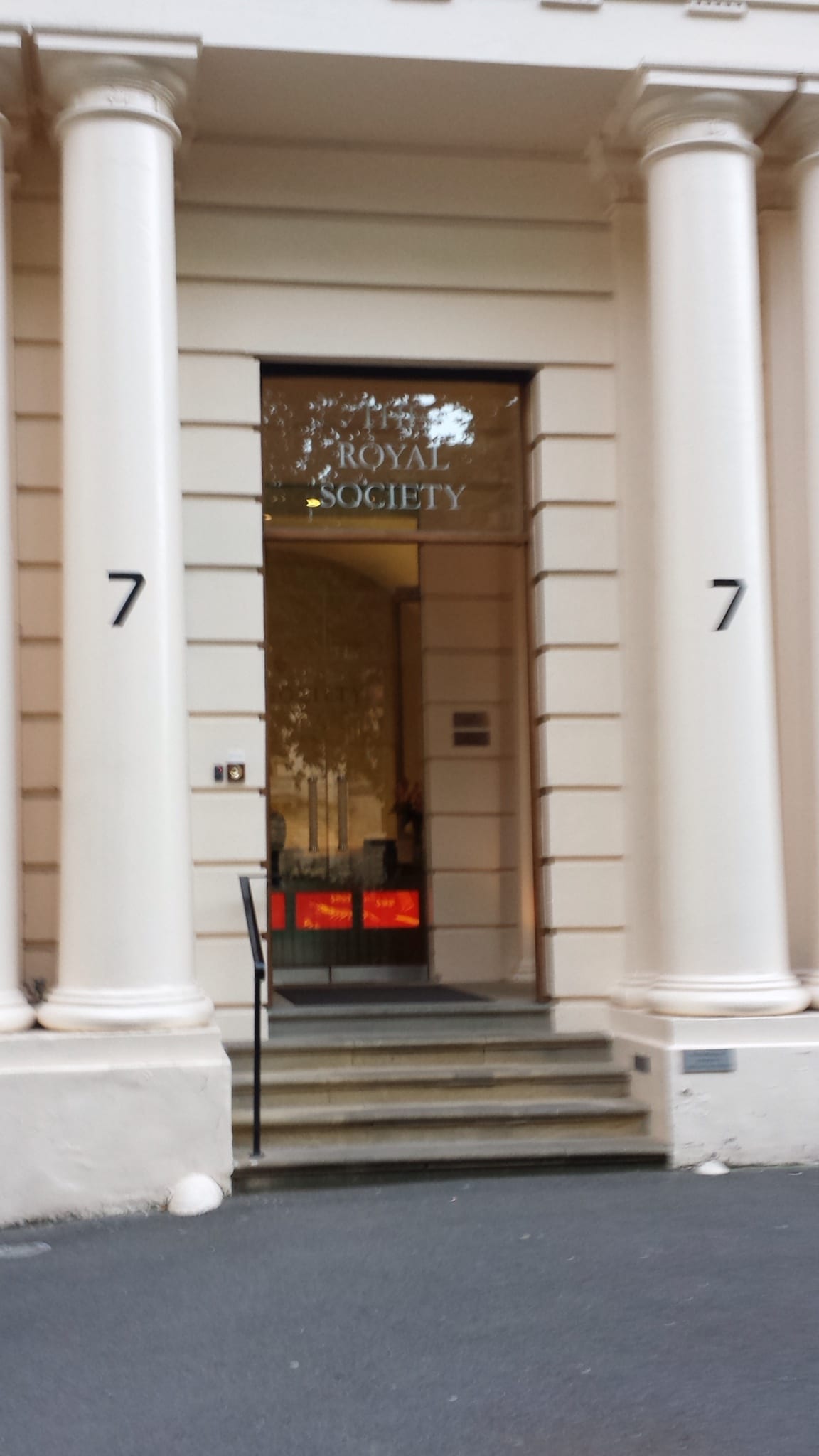Journal clubs are great. Picking a recent paper for discussion with people with similar interests is a great way to keep up with the literature and means a fun hour of getting different perspectives on the paper and how it fits into the literature. These kind of clubs are usually attended (I think!) by PhD students, post-docs, RAs and faculty. But as an experiment, I initiated a club for my undergraduate lab interns and myself.
The first paper was picked by Shea Cogan and the discussion summarised by Harry Coulson. For me, this paper was a revelation of looking at something I have been thinking about for a long time in a completely different way. And I am currently designing experiments to test some of these new ideas which fit perfectly into my research programme. The experiment was thus a complete success!
Paper: Gellert, P., Ziegelmann, J. P., Lippke, S., & Schwarzer, R. (2012). Future time perspective and health behaviors: Temporal framing of self-regulatory processes in physical exercise and dietary behaviors. Annals of Behavioral Medicine, 43(2), 208-218.
Chosen by: Shea Cogan
Summary of the discussion by Harry Coulson:
The first journal club meeting commenced on Wednesday the 11th and discussed a paper on ‘Future time Perspective and Health Behaviour’. Firstly it was found that the paper originated from a medical journal, and one of the most interesting discussion points was the variance across disciplines. It was found that some of the future directions discussed by the research had in fact been conducted, however under a different name in the field of psychology. This left us wondering if a greater communication between disciplines would lead to more understanding and a quicker dispersion of knowledge. This piece of research allowed for thoughts for the future direction of our research into impulsivity and decision making, as it advised that people with different future time perspectives will answer questions differently depending on whether they are emotional or not, as well as researching further into the effects of age on decision making.


